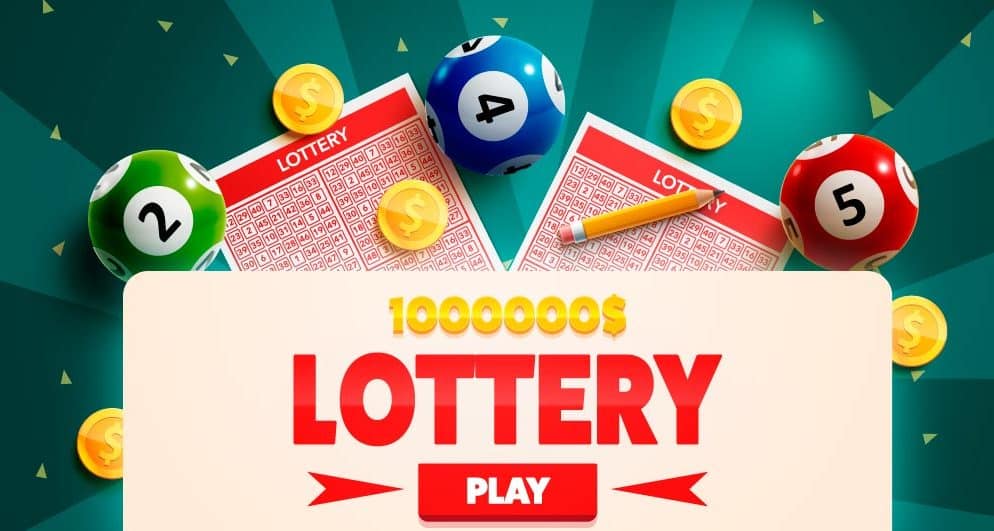In the realms of chance and fortune, few phenomena evoke as much fascination and controversy as the lottery. From its humble origins to its present-day multimillion-dollar jackpots, the lottery has woven itself into the fabric of society, embodying dreams, desires, and the elusive promise of instant wealth messipoker. Yet, beneath the glittering surface lies a complex tapestry of psychology, economics, and ethics, making the lottery a subject of perennial intrigue.
A Brief History
The roots of the lottery can be traced back to ancient civilizations, where it served as a means to fund public projects, including roads, bridges, and temples. However, its modern incarnation emerged in the 15th century, with the first recorded lottery in Belgium in 1446. Since then, the concept has proliferated across continents, evolving from simple draws to elaborate games with astronomical prizes.
The Appeal of Chance
At its core, the allure of the lottery stems from its embodiment of chance – the tantalizing prospect of defying the odds and clinching a life-altering windfall. Psychologically, it taps into primal instincts tied to risk-taking and reward-seeking behavior, triggering a potent cocktail of anticipation, excitement, and hope. Moreover, the accessibility of lottery tickets, often priced at a few dollars, renders the dream of wealth attainable to all, transcending social barriers and economic disparities.
The Economics of Gambles
Yet, behind the veneer of possibility lies a stark reality governed by probabilities and statistics. The odds of winning the lottery, especially major jackpots like those of Powerball or Mega Millions, are astronomically low, often surpassing the likelihood of rare events such as being struck by lightning or attacked by a shark. Economists argue that lotteries essentially constitute a regressive tax, disproportionately burdening low-income individuals who spend a significant portion of their earnings on tickets, perpetuating cycles of poverty.
A Double-Edged Sword
Moreover, the lottery’s impact extends beyond individual wallets, shaping societal attitudes towards wealth, luck, and merit. Critics contend that the glorification of sudden riches through the lottery undermines the value of hard work and perseverance, promoting a get-rich-quick mentality detrimental to long-term financial stability. Conversely, proponents argue that lotteries generate substantial revenue for public services, including education and infrastructure, mitigating the need for higher taxes and fostering communal welfare.
Ethical Considerations
Ethical debates surrounding the lottery further complicate its narrative. Critics condemn its exploitation of vulnerable populations, particularly those struggling with gambling addiction, who succumb to the allure of false hope at the expense of their well-being. Conversely, defenders argue that individuals have the agency to make informed choices regarding their participation, and that stringent regulations, including age restrictions and responsible gambling initiatives, mitigate potential harms.
